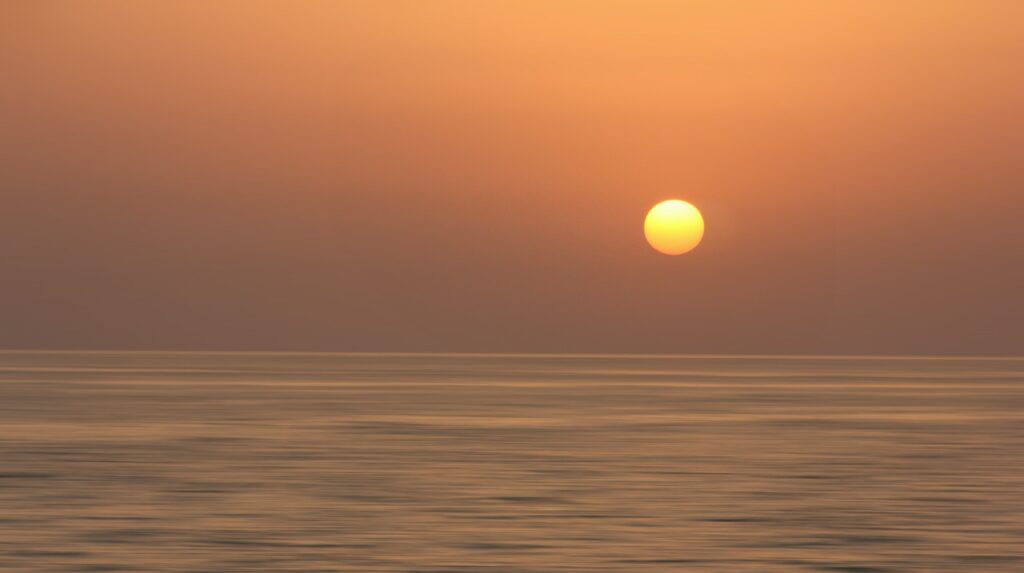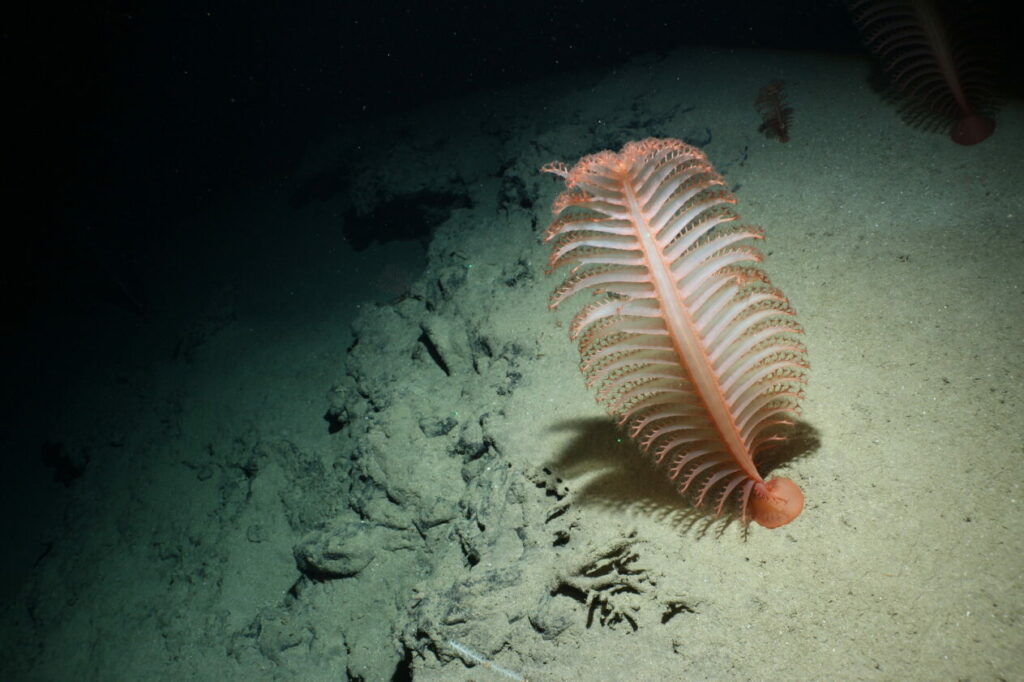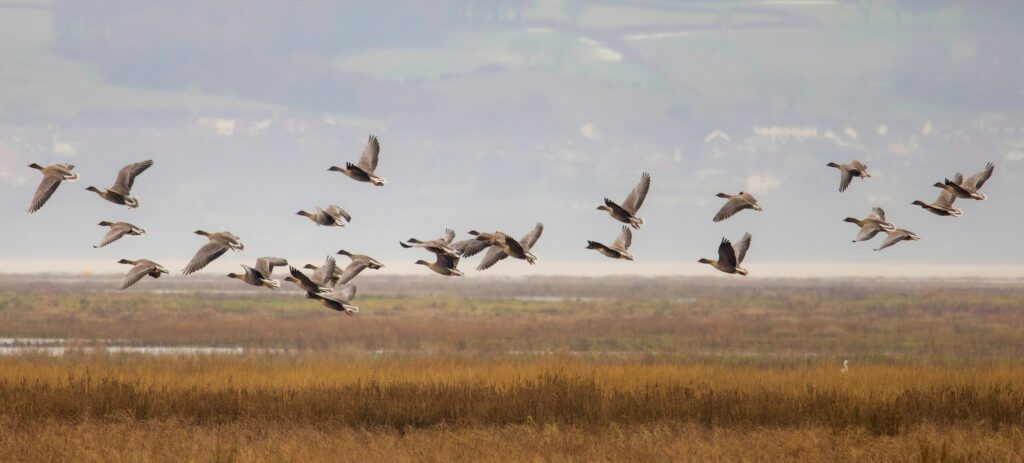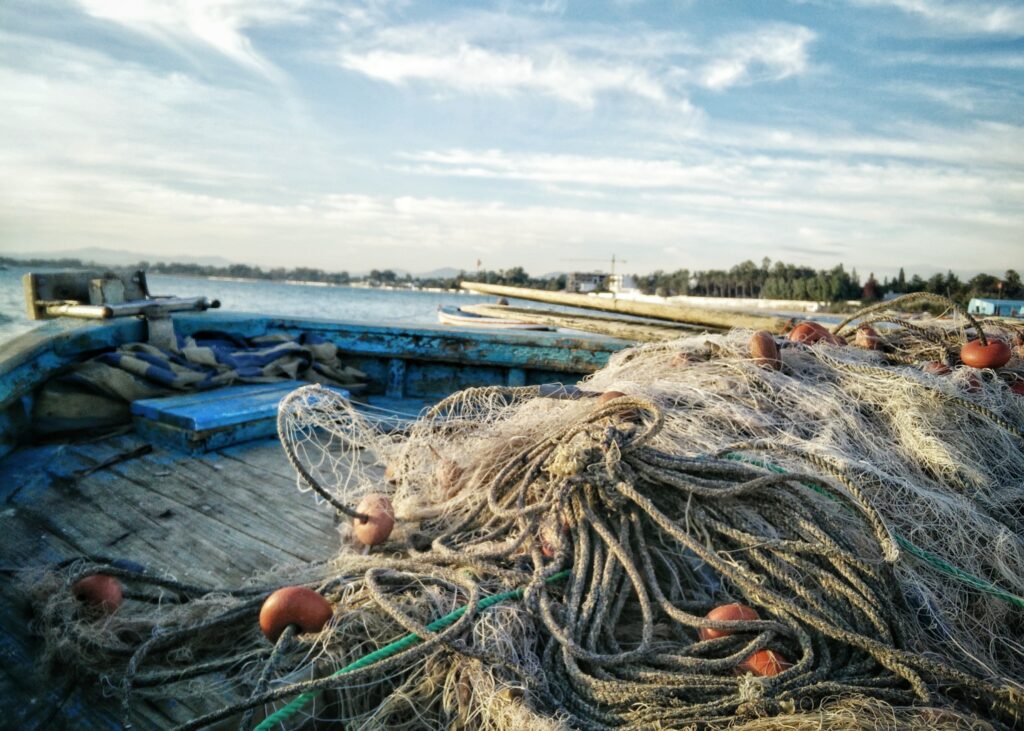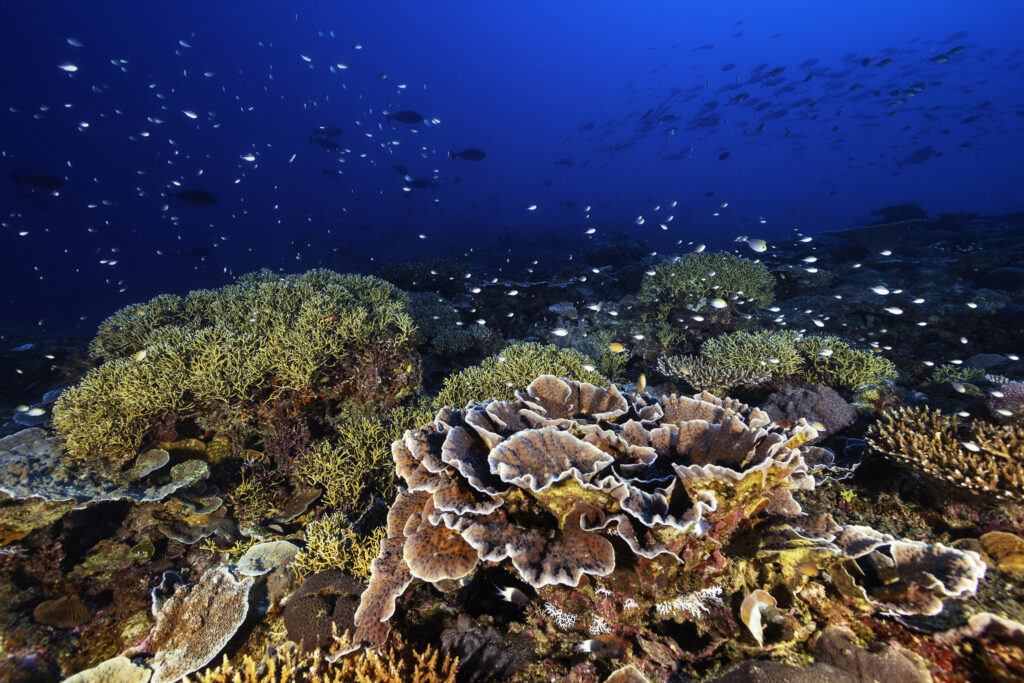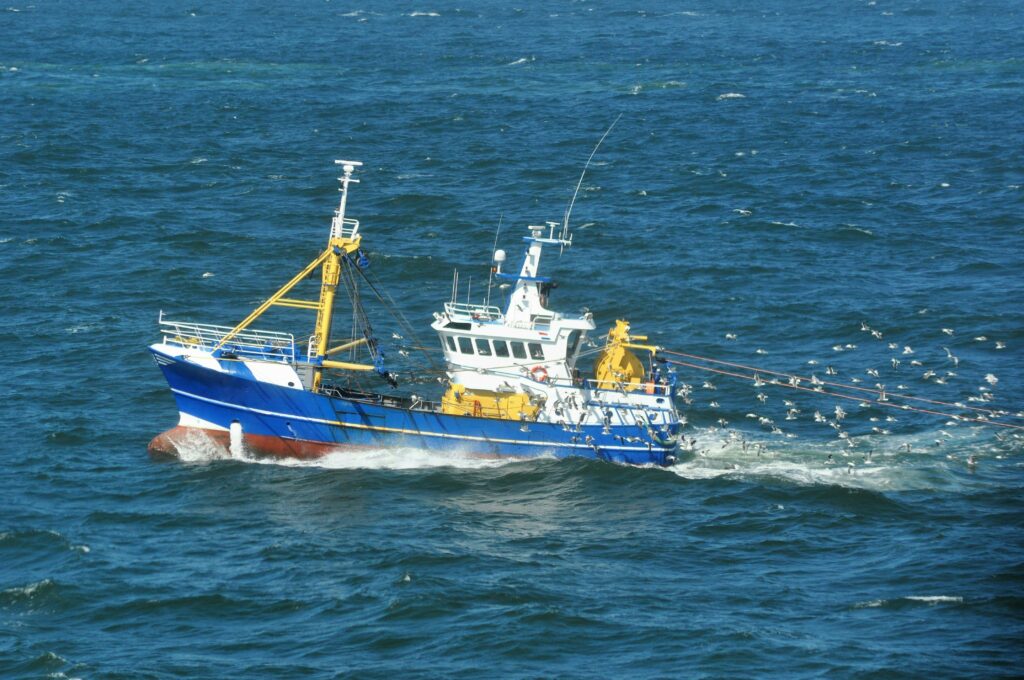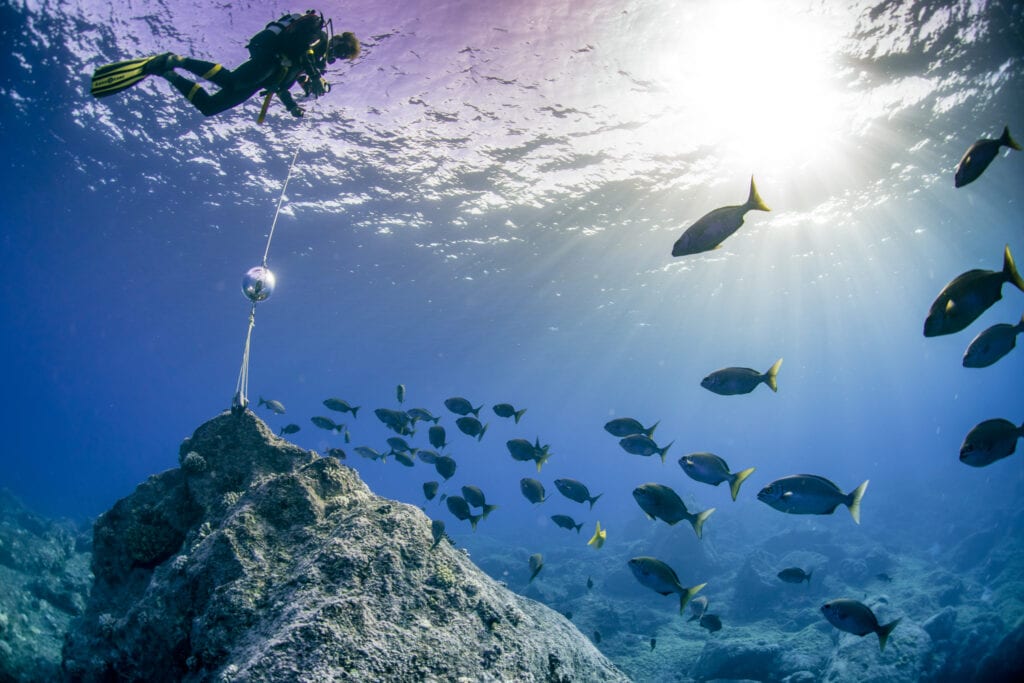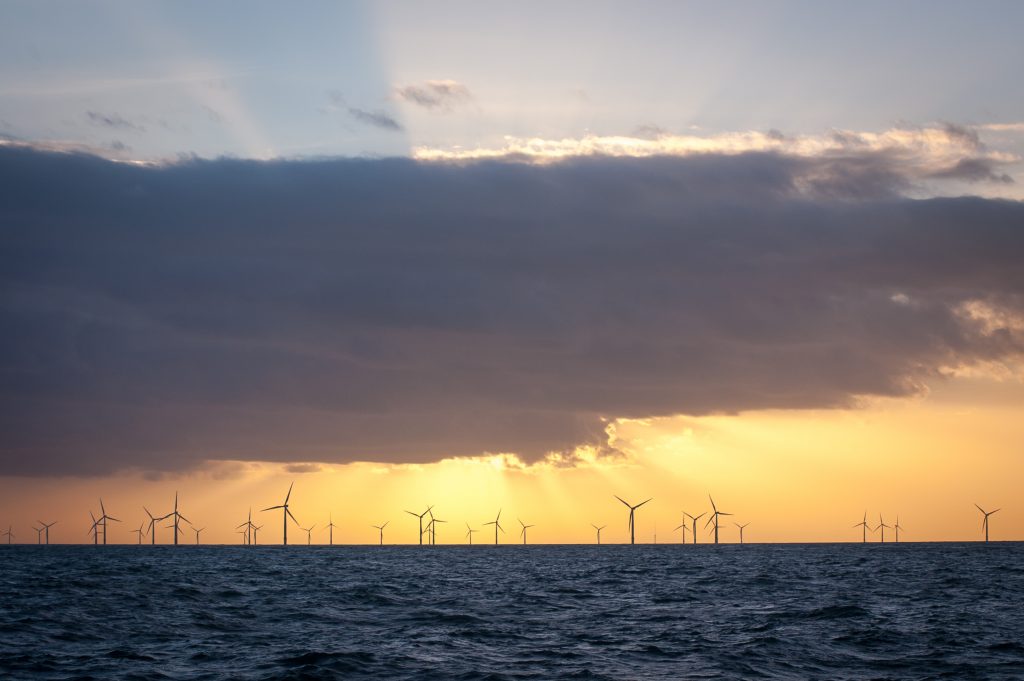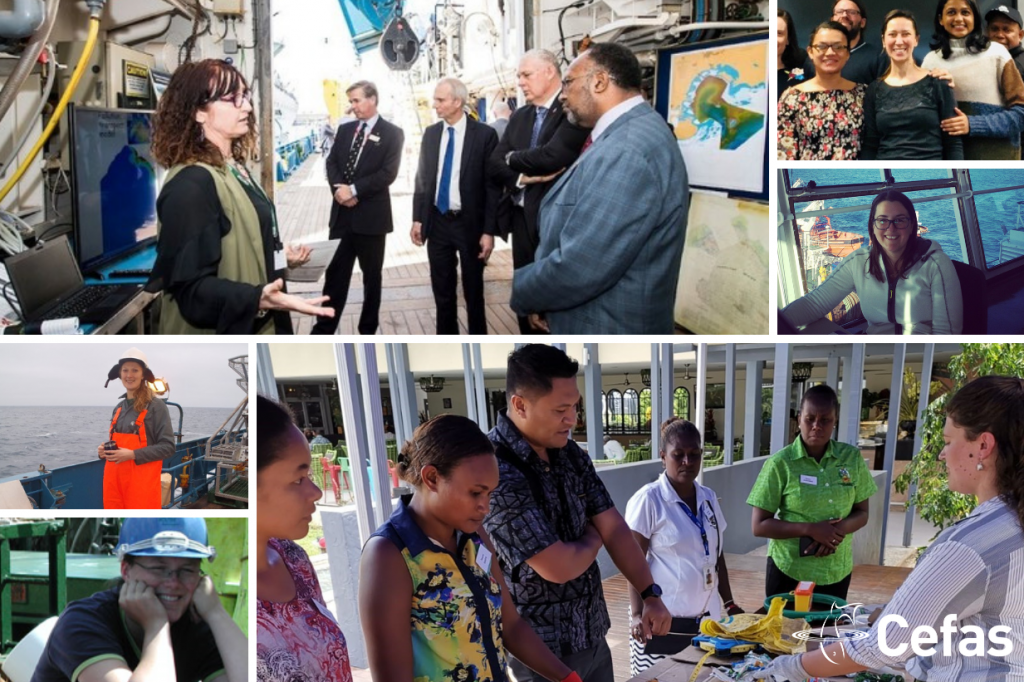Policy
As world leaders meet at the United Nations Framework Convention on Climate Change (UNFCCC) 28th Conference of the Parties (COP28) in Dubai this week, Cefas Middle East Programme Director Will Le Quesne, discusses the challenge of climate change facing the …
The deep-sea covers more than 60% of the Earth's surface. Deep-sea ecosystems are amongst the least well understood owing to the combined challenges of remoteness, vastness, and the difficulties of exploring its depths. The ‘deep-sea’ is a catch-all term that …
Natural capital refers to parts of the natural environment, such as forests, fisheries, rivers, biodiversity, land and minerals, that provide valuable goods and services to society. Much like human capital (labour, skills and experience), recent reviews recognise that natural capital should …
On Monday 17th July, the UK government’s Department for the Environment, Food and Rural Affairs (Defra) announced further steps to deliver a thriving, sustainable fishing industry and healthy marine environment following the UK’s exit from the European Union (EU). As …
Coral reefs are one of the most important ecosystems in the world, supporting up 25% of the ocean’s marine life. However, warming temperatures and ocean acidification have led to a decline in coral reef richness in much of the tropics. In …
How can UK fisheries achieve Net Zero by 2050? With the Fifth Symposium on the Effects of Climate Change on the World’s Oceans (ECCWO5) underway this week in Norway, Cefas Scientist, Georg Engelhard tells us about his new report looking …
Scientists love a bit of data, but it’s not just dry numbers and graphs. To celebrate International Open Data Day on March 5th, Cefas scientists, Michelle Devlin, Chris Read, Naomi Greenwood and Paul Nelson tell us about their work under …
Kylie Bamford, Head of Marine Conservation for the UK Overseas Territories, Foreign, Commonwealth and Development Office: The Blue Belt Programme supports delivery of the UK government’s commitment to provide long term protection and sustainable management of marine environments across the …
Offshore wind developments exist among other marine activities, how do we balance them and is compensation suitable in order to meet net zero goals? The UK’s marine area is becoming increasingly busy with multiple users from different sectors all making …
Today is international women’s day! In celebration of the annual event we’re learning more about some of the female scientists in Cefas.
